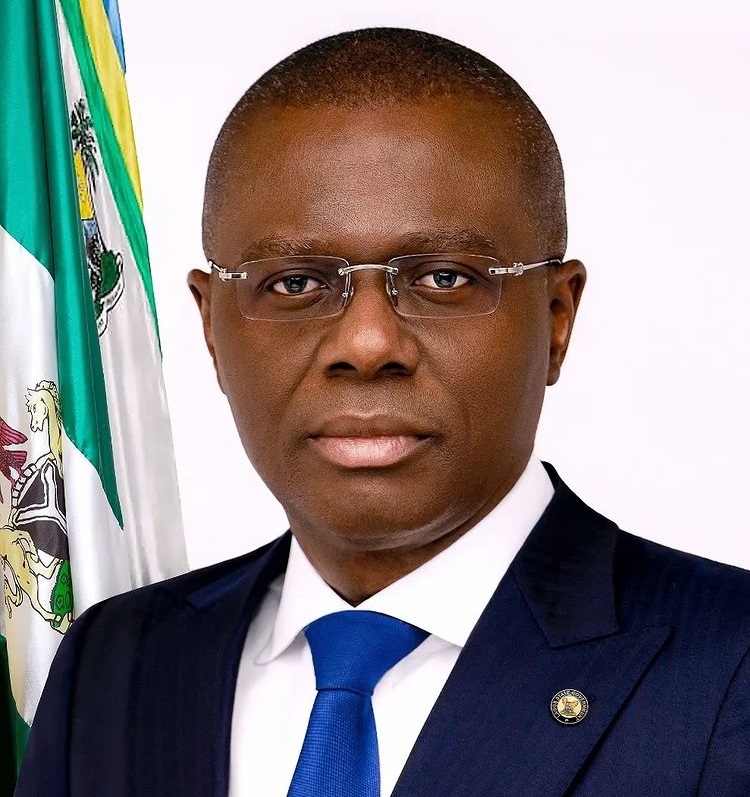The Lagos State Governor, Babajide Sanwo-Olu, has announced plans for the state to generate its electricity in line with the recently signed bills granting states autonomy in critical areas like electricity, railways, and the judiciary.
The Governor stated that the new bills empower states like Lagos to take charge of their growth in the electricity sector.
On Tuesday, March 21, 2023, he said that Bill No 33 was a historic move, granting Lagos and other states the authority to regulate electricity generation, transmission, and distribution.
Sanwo-Olu said:
“This will create a Lagos Electricity Market, increasing access to electricity, investments, and job opportunities.
The new bills will promote efficiency, leading to better service delivery. We’ve been preparing for this by launching an Electricity Policy, publishing our off-grid strategy, presenting our Integrated Resource Plan, and drafting a law to establish the Lagos Electricity Market.
We’re committed to achieving 1GW of solar energy in Lagos by 2030 and have engaged with the World Bank for suitable funding. With the creation of the Lagos Electricity Market, we’ll fulfil our potential as Africa’s model mega city.
The devolution of powers for railways under the Constitution Fifth Alteration Bill No. 32 is a significant move for promoting local economic growth and development. It’ll open up investment opportunities and improve the transportation of goods and services.”
Punch reports that on March 17, 2023, President Muhammadu Buhari signed the constitutional amendment allowing states to licence, generate, transmit, and distribute electricity into law.
The plan was disclosed in a tweet by presidential media spokesperson Tolu Ogunlesi via a tweet.
He said:
“President #MBuhari has signed 16 constitution amendment bills into law. By this signing, State Houses of Assembly & judiciaries now have constitutionally guaranteed financial independence, while railways have moved from Exclusive Legislative List to the concurrent list.
“Another landmark change: By the presidential assent, Nigerian states can now generate, transmit and distribute electricity in areas covered by the national grid. (This) wasn’t allowed pre-amendment. This is genuine, realistic restructuring — through the constitution.”
Policy analysts had hinted before the bill was signed that Lagos would be one of the first states in Nigeria to generate its electricity but said the plan would be off-grid.
The new bills and plans by Lagos, and possibly, other states, put electricity companies under pressure to reform their practices and improve performance to global best practices.
Electricity supply remains the fulcrum of national development in any country, and many African countries lack this basic and all-important amenity for their teeming population.
All across the continent, billions of people live in darkness or have epileptic power supply and cannot access electricity for household use.
Join like-minded people in our lively discussions – CLICK HERE



